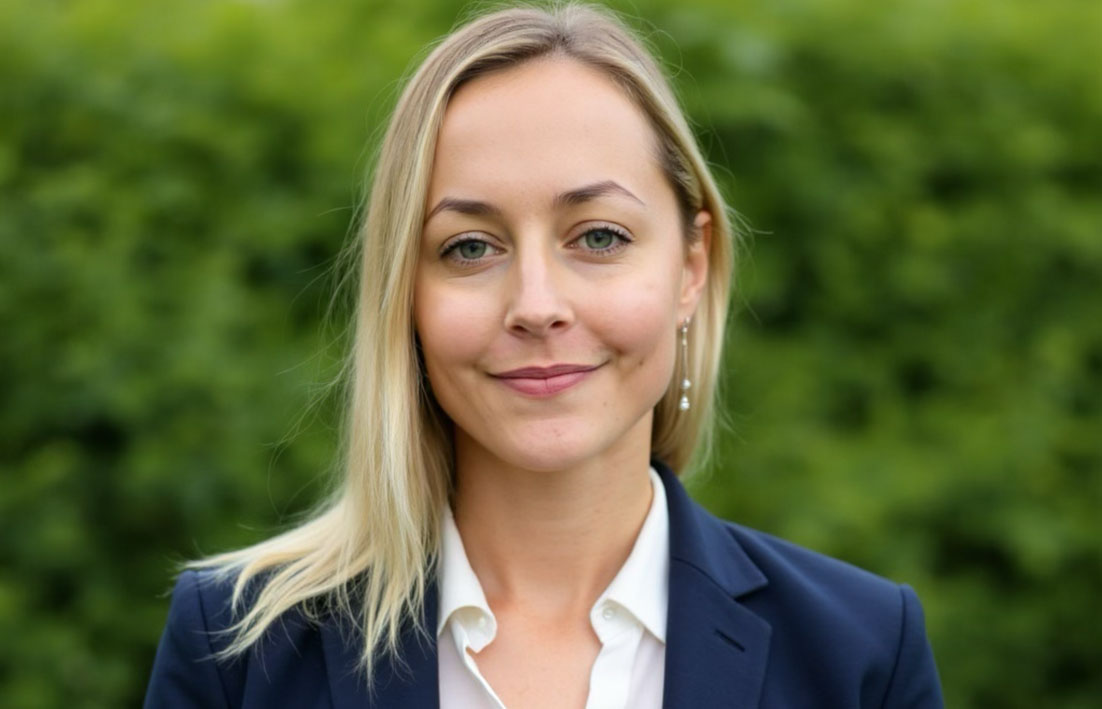
PERTH Hills’ Ellie Simpson is the 2025 recipient of the annual young professionals in agriculture forum’s Noel Fitzpatrick medal for her research into soil acidification in the wheatbelt.
The Edith Cowan University Bachelor of Science undergraduate student said she’s a keen gardener and has always been a soil nerd.
“I’m really into soil health and looking at plants as indicators of that,” Miss Simpson said.
“And I was lucky enough to know farmers in the Wheatbelt before I undertook the project.
“One of their big concerns was pH and it’s one of those master variables where if it’s too low, it can affect so many things.”
Through her research, Miss Simpson aimed to identify trends and determine farm management factors which contributed to changes in soil pH.
She visited six farms between Bunjil and Latham in the northern Wheatbelt during the 12-week research period.
Miss Simpson found two key environmental and management factors affecting soil pH were rainfall trends and lime application.
Between 2016 and 2023, Miss Simpson found a 35 per cent reduction in annual rainfall, and between 2017 and 2024, lime application rates decreased from 29 tonnes per hectare to 2.05 tonnes per hectare.
She hopes to promote more sustainable farming practices through her research.
Some of the key challenges for sustainable soil management Miss Simpson listed were climate change and rainfall decline, nutrient management, subsoil acidity and aluminium toxicity and spatial variability.
“At the moment, there’s so many things like climate change and soil health that we’re worried about,” she said.
“For farmers, it’s probably nice to know that there are scientists out there who are really passionate about it and are wanting to help.
“If I could publish a paper from this research, that would be amazing.”
At the end of her research period, Miss Simpson made four recommendations for sustainable agricultural practices: implement precision time application, develop soil type-specific management strategies, address nurient imbalances and continue and enhance current beneficial practices.
Miss Simpson said although she’s noticed a lot of men in the top roles, she encourages girls and women who want to work in STEM to keep an open mind about the industry.
“At least half of my lecturers are women and they’ve been really good role models.
“So many doors have opened up and there’s so much work in environmental science and STEM.
“It’s definitely a worthwhile field to go into.
“I’m lucky that this is my passion, well and truly.”